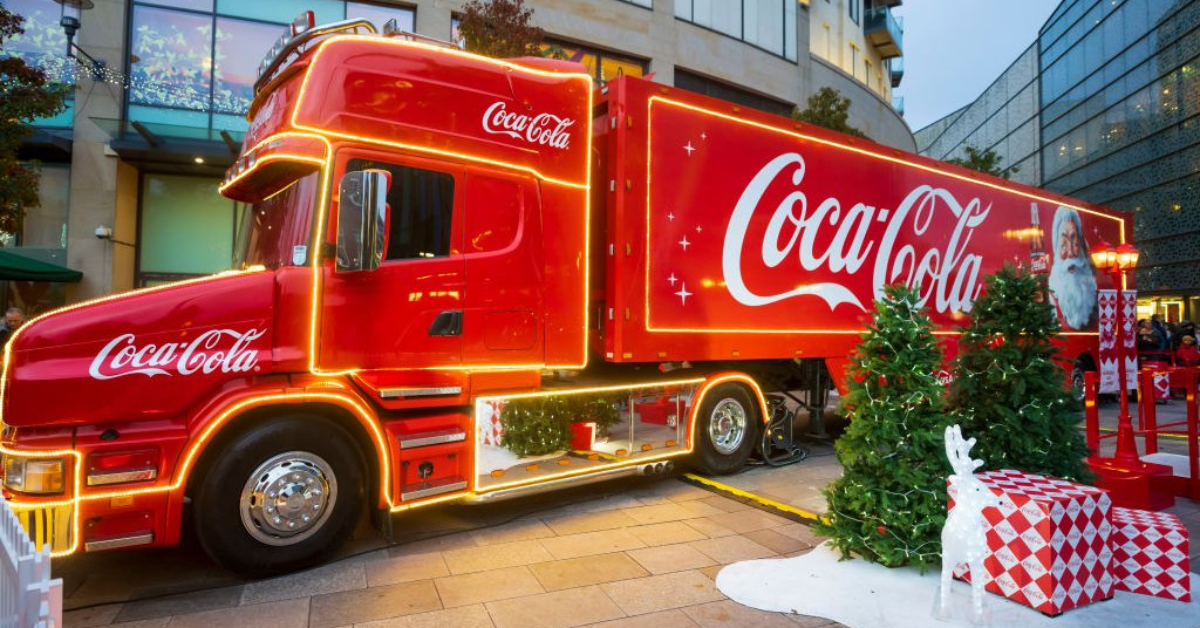
Coca-Cola’s recent decision to abruptly cancel a $500 million factory project in the United States has sent waves of concern through the local community. This unexpected move not only impacts the company’s growth plans but also results in the loss of 200 promised jobs, leaving many wondering about the reasons behind the sudden change. Such cancellations are rare for a global giant like Coca-Cola, making this development all the more significant.
For many Americans and global observers alike, job security and economic stability are paramount, especially after the disruption caused by the pandemic. With Coca-Cola stepping back from this major investment, the affected workers and the community face uncertainty. Understanding what led to this decision and its wider implications is essential, both for Coke fans and those tracking business trends in the US economy.
Why Did Coca-Cola Cancel the $500 Million Factory?
The cancellation of the factory came as a surprise to many, given Coca-Cola’s previous plans to invest heavily in the new facility. According to a report from Reuters, the company cited shifting economic conditions and supply chain complications as key reasons behind the decision. Rising costs and unpredictable market factors made continuing the project less viable than initially expected.
This development shows how even large companies like Coca-Cola must adapt quickly to changing circumstances. Investors and communities often rely on such big projects for economic growth, but unforeseen challenges can force companies to reconsider. This cancellation reflects a broader trend of cautious corporate investment due to ongoing global uncertainties.
Impact on Jobs and the Local Community
The most immediate consequence of the factory’s cancellation is the loss of 200 jobs that were set to be created. These were expected to provide valuable employment opportunities for local residents, especially younger workers entering the job market. The USA Today highlights the disappointment and economic impact on the community, where many had hoped the factory would boost both incomes and local business growth.
For many people, jobs in manufacturing provide a stable income and career path, especially in areas where alternatives may be limited. Losing those opportunities can affect not only individual families but also local vendors and other supporting services. The ripple effect could slow down regional economic development, creating a real challenge for officials seeking growth and stability.
What Does This Mean for Coca-Cola’s Future?
While this cancellation is a setback, Coca-Cola remains one of the world’s largest beverage companies with a strong market presence. The move may signal a strategic shift or a more cautious approach in the short term. Industry experts note that the company is likely reassessing its investments to better manage risks amid global supply issues and economic uncertainty, as reported by Forbes.
For younger audiences interested in business and career prospects, this event underscores the importance of flexibility and adaptability. Large companies must balance growth ambitions with practical challenges, which can lead to tough decisions like this. Watching how Coca-Cola navigates these challenges could provide valuable lessons on resilience and strategic planning.
Conclusion: Lessons from Coca-Cola’s Factory Cancellation
Coca-Cola’s unexpected cancellation of a $500 million factory project reminds us that even major corporations face uncertainties that affect economic plans and job creation. While this news is tough for the workers and community involved, it highlights the complex realities of business investment today. For young readers, it’s an example of both the opportunities and challenges that come with corporate development.
As companies worldwide continue to adapt to shifting economic conditions, staying informed and flexible is key. This story serves as a timely reminder to watch market trends carefully and be prepared for changes—even in large, well-known companies like Coca-Cola.









